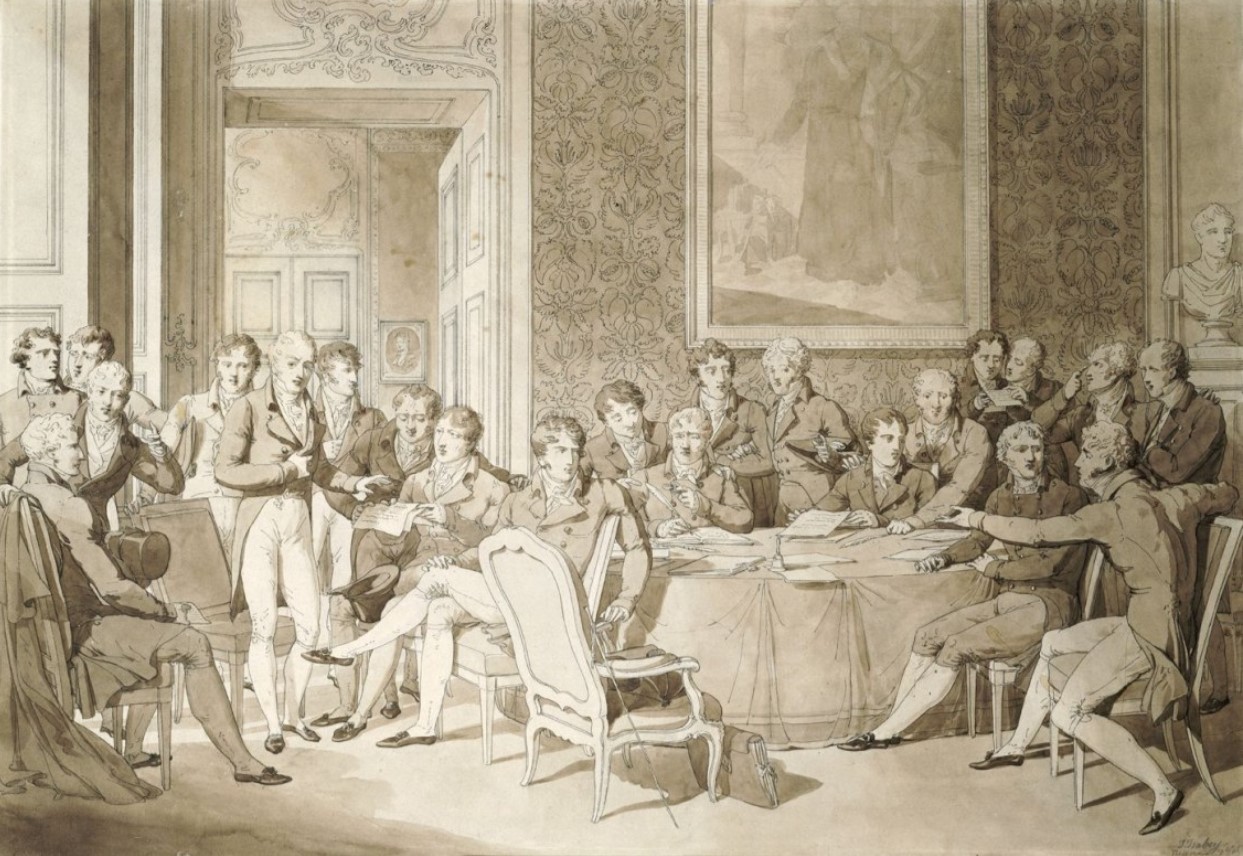
Last week’s testy US–China dialogue in Alaska augurs poorly for bilateral relations. And the mounting rivalry between the two countries clearly indicates that the emerging world of multiple power centres could presage an era of increased competition and conflict.
A big part of the problem is that the existing international governance architecture, much of it erected soon after World War II, is outdated and not up to the task of preserving global stability. The US-centred alliance system is a club of democracies, poorly suited to fostering cooperation across ideological lines. Fly-in, fly-out G7 and G20 summits are episodic and spend too much time haggling over communiqués. The United Nations provides a standing global forum, but its Security Council invites grandstanding and paralysis among veto-wielding permanent members.
What is needed is a global concert of powers—an informal steering group of the world’s most influential countries. The history of 19th-century Europe points the way. The Concert of Europe—a grouping of Britain, France, Russia, Prussia and Austria formed in 1815—successfully preserved peace for half a century in the absence of a dominant power and amid ideological diversity. The Concert of Europe rested on a mutual commitment to rely on regular communication and the peaceful resolution of disputes to uphold the territorial settlement that ended the bloody Napoleonic Wars.
A global concert offers the best vehicle for managing a world no longer dominated by the United States and the West. The members would be China, the European Union, India, Japan, Russia and the US, collectively representing roughly 70% of world GDP and global military spending. Including these six heavyweights would give a global concert geopolitical clout while protecting it from becoming an unwieldy talking shop.
Concert members would send senior permanent representatives to a standing headquarters in a place determined through mutual agreement. Summits would occur on a regular basis and as needed to address crises. Although they would not be formal members, four regional organisations—the African Union, the Arab League, the Association of Southeast Asian Nations and the Organization of American States—would maintain permanent delegations at the concert’s headquarters. When discussing issues affecting these regions, concert members would invite delegates from these bodies and other relevant countries to join meetings.
A contemporary concert, like its nineteenth-century forebear, would enable sustained strategic dialogue. It would bring to the table the most influential states, regardless of their regime type, thereby separating ideological differences over domestic governance from matters requiring international cooperation. It would shun formal procedures and codified rules, instead relying on persuasion and compromise to build consensus.
The concert would be a consultative, not a decision-making body, addressing emerging crises, fashioning new rules of the road, and building support for collective initiatives. It would leave operational oversight to the UN and other existing bodies. The concert would thus augment, not supplant, the current international architecture, by sitting atop it to tee up decisions that could then be taken and implemented elsewhere.
Like the Concert of Europe, a contemporary concert would promote stability by privileging the territorial status quo and a view of sovereignty that precludes, except in the case of international consensus, the use of military force or other coercive means to alter existing borders or topple regimes. Members would reserve the right to take unilateral action when they deem their vital interests to be at stake. Ideally, sustained strategic dialogue would make unilateral moves less frequent and destabilising.
The concert would also seek to generate collective responses to longer-term challenges, such as combating the proliferation of weapons of mass destruction as well as terrorist networks, promoting global health, forging norms in cyberspace and combating climate change. These important matters often fall between institutional cracks that the concert could fill.
Imagine what might have been had a global concert taken shape after the Cold War. The major powers might have been able to avert, or at least make far less bloody, the civil wars in Yugoslavia, Rwanda and Syria. Russia and the US might have been able to forge common ground on a security architecture for Europe, heading off ongoing frictions over NATO expansion and preventing Russian land-grabs in Georgia and Ukraine. The coronavirus pandemic might have been better contained had a great-power steering group coordinated a response from day one.
Looking forward, a concert of global powers would be a venue for minimising the risk that US–China differences over Taiwan trigger a major clash. It could facilitate the peaceful resolution of political stalemates in places like Afghanistan and Venezuela. And it could set parameters to limit the interference of countries in each other’s internal politics.
Establishing a global concert would be no panacea, however. Convening the world’s heavyweights hardly ensures a consensus among them, and success would often mean managing, not eliminating, threats to regional and global order. The proposed steering group would accept both liberal and illiberal governments as legitimate and authoritative, implying abandonment of the West’s longstanding vision of a global order made in its image. And restricting membership to the most important and influential actors would sacrifice representation in favour of efficacy, reinforcing hierarchy and inequity in the international system.
But a global concert has one enormous advantage. It offers the best and most realistic way to advance great-power consensus, and what is workable and attainable is always preferable to what is desirable but impossible. And the most likely alternative to a great-power steering group—an unruly world managed by no one—is in no one’s interest.
This commentary draws on an essay published at Foreign Affairs.

